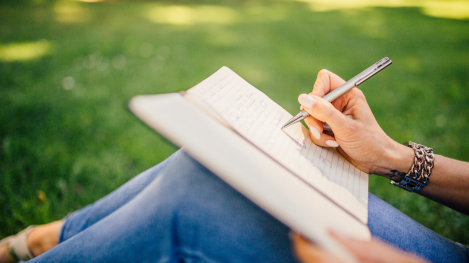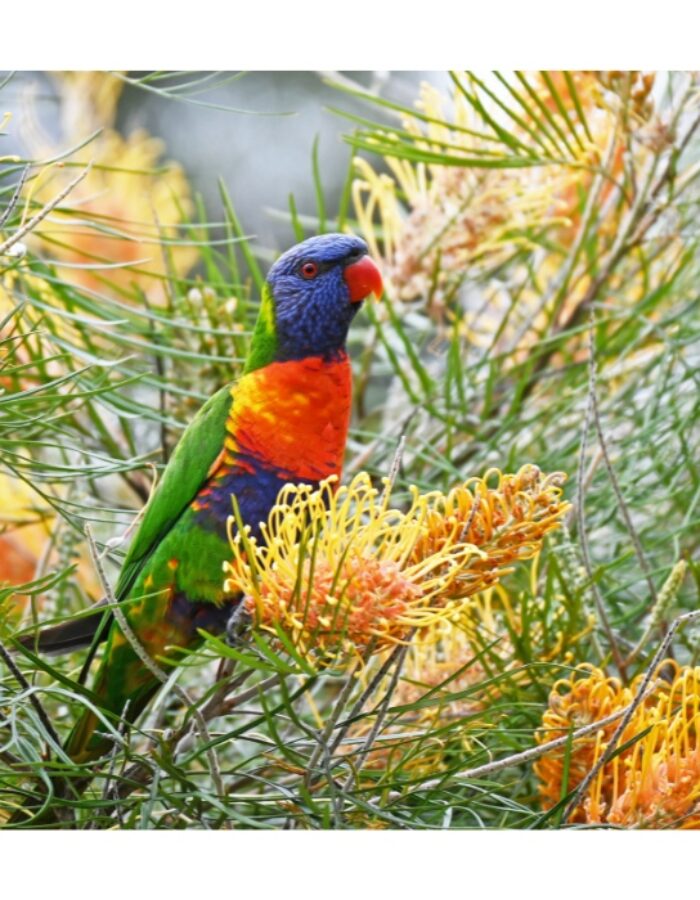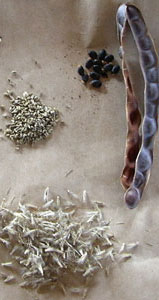
It seems to be quite a common practice to swap seeds with overseas friends and relatives. This seemingly benign and happy pastime has a dark side though. Australia is free of a number of nasty pests and diseases that plague other countries. One seed harbouring a disease or pest could open a Pandora’s Box of catastrophic problems in this country.
For example, many plants in the Myrtaceae Family, which includes Eucalyptus, Callistemon, and Lilypilly, are susceptible to a variety of rust diseases. The most serious is Guava Rust, caused by a fungus, Puccinia psidii. The Australian Quarantine and Inspection Service (AQIS) lists plants known to host this fungus. The seeds and plant material from these plants are subject to strict import conditions.
And there’s always the chance of accidentally introducing weed seed too.
Unfortunately for the home gardener AQIS’s importation requirements are so stringent and costly that the exercise isn’t worth it for a few seeds. But please, for the sake of Australian horticulture and our natural vegetation, do not be tempted to flout the rules.
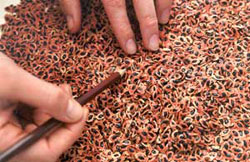
Interstate
There are many legitimate Australian-based mail order companies selling seeds and plant material, such as Green Harvest (www.greenharvest.com.au) and Diggers Seeds (www.diggers.com.au) but you will note that even these companies are often not allowed to send plant material to Western Australia and Tasmania because of the quarantine restrictions in those states. This is because Western Australia and Tasmania have even less pest and disease problems than other states of Australia and, quite sensibly, these states want to prevent any future problems.
Shown here is a collection of Blackwood seed (Acacia melanoxylon) collected for revegetation projects (photograph courtesy of Greening Australia).
What can we do?
Discourage friends and relatives from sending seed and any other plant material from overseas, unless the material goes through the proper procedures (such as applying for permission and then quarantine).
Even interstate movement of seeds and plant material should be discouraged (and remember it is illegal in many situations), unless the material goes through the proper procedures.
Always check with AQIS authorities in your state before sending or receiving plant material.
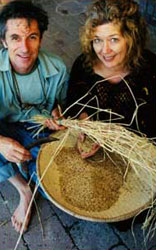
Seed Savers Network
There’s a better way to exchange seed with like-minded people and organizations – through the Seed Savers Network. The photograph here shows Michel and Jude Fanton of the Seed Savers Network, who offer advice to community gardens on setting up local seed networks. (Photograph courtesy of Australian City Farms & Community Gardens Network).
Related Articles:
Garden Journaling – Slow down to tune in.
As we move through the year and our gardens evolve, there's something magical about documenting the journey. Garden journaling is an art that enables…
The Importance of building soil health for a biodeverse, productive garden
Creating a thriving garden that not only sustains itself but also contributes to the broader ecosystem requires more than just sunlight and water.…

